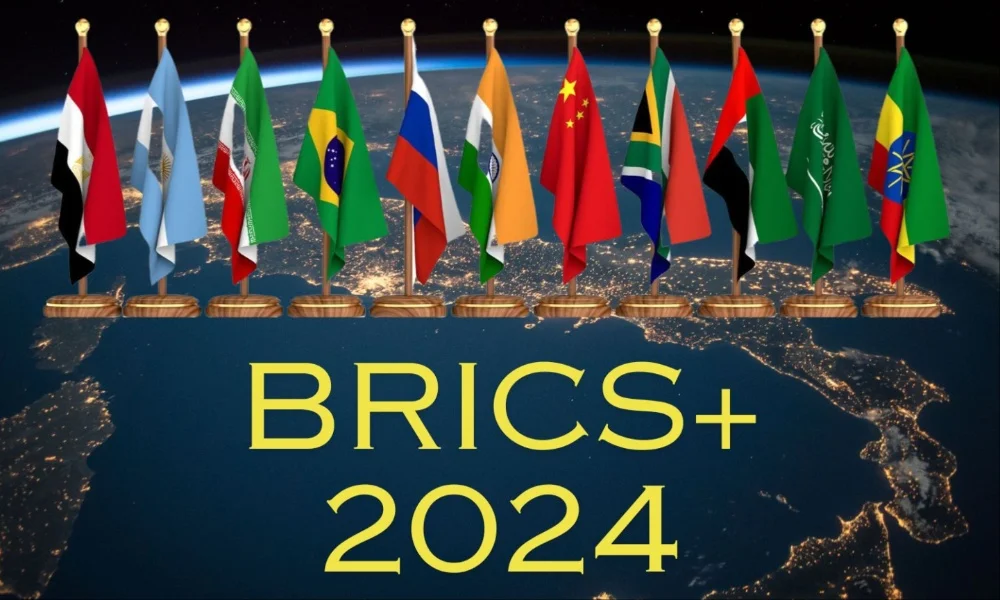BRICS member countries called on the Islamic Emirate of Afghanistan to lift the ban on education for women and girls and to preserve the fundamental rights of all Afghan citizens, including women, girls and ethnic minorities.
According to a joint statement issued by the BRICS nations, more “visible and tangible actions” should be taken by the Islamic Emirate in Afghanistan to ensure that the country’s soil is not used by terrorists.
The member nations stated that they support an Afghanistan free from “terrorist, independent and united” groups, and the Islamic Emirate is asked to take immediate and concrete measures to lift the ban on education and prevent exploitation by terrorists and to address this issue effectively.
These countries also pointed to the effective role of regional meetings with the participation of Afghanistan’s neighboring countries and welcomed the efforts of these countries to facilitate the process of resolving the crisis in the country.
BRICS member countries said they believe that the participation of neighboring countries in the process of solving the Afghan crisis can help stabilize security and stability in the region.
The three-day meeting of the BRICS organization took place this week in Kazan, Russia.
A number of country leaders, including presidents of China, India, Russia, Turkey, South Africa, Iran, Egypt and Ethiopia attended.
The UN Secretary General Antonio Guterres was also present.
The summit wraps up on Thursday.
Also See: BRICS Membership: Pakistan’s Economic Leap
This news is sourced from Ariana News and is intended for informational purposes only.






